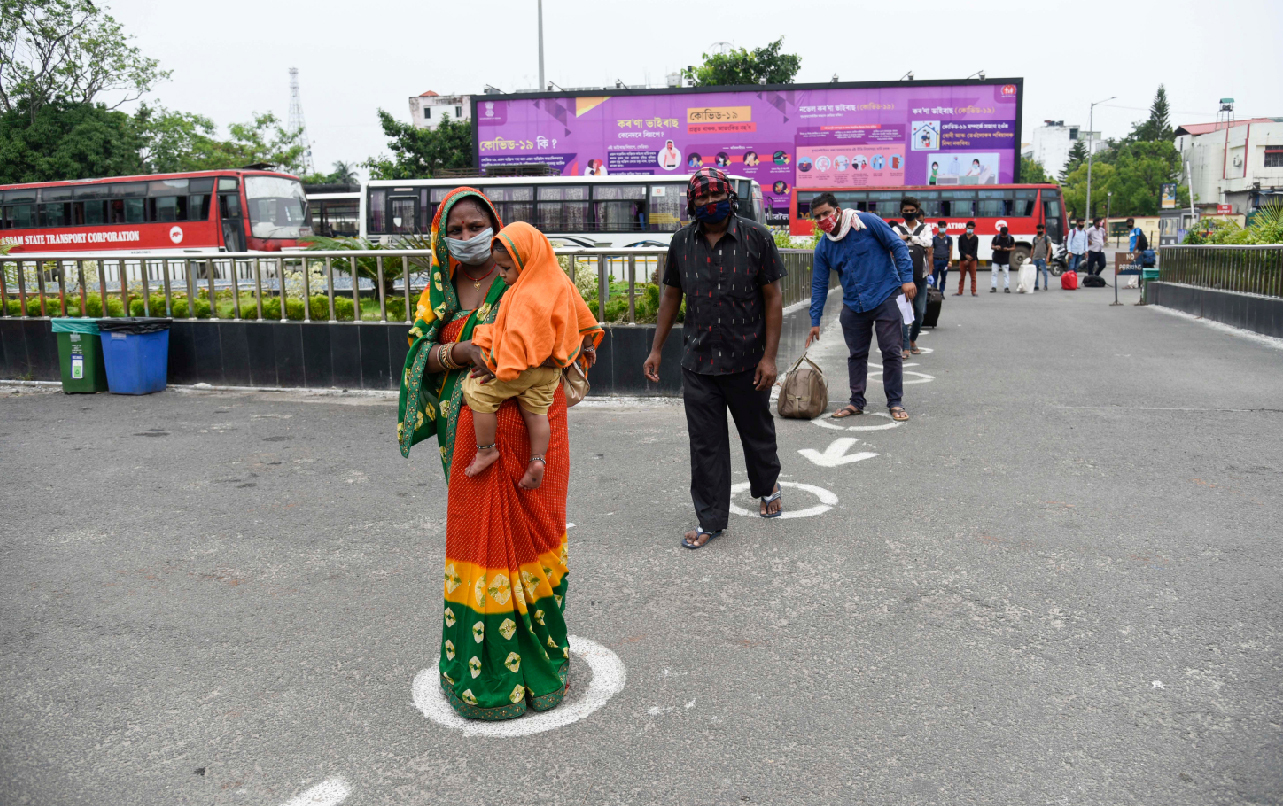As data from the last few months become available, the financial situation looks discouraging. At the same time, there is…
Public Affairs Centre (PAC) is a not-for-profit Think Tank in Bengaluru-India and a member of Southern Voice. Like many other organisations around the world, it had to adapt due to the pandemic.
In this article, I share how the experience was for this research centre, what methods we used to stay in touch among each other and with stakeholders and what lessons we can now draw from this time.
First priority: the team
When COVID-19 struck, PAC’s priority was to ensure the team’s safety. They represent what we call the “primary audience”.
As a second task, PAC took austerity measures to safeguard the economic welfare of the organisation: the team rose as one and volunteered to take a pay cut.
During all that time, work did not stop. It continued through online meetings. We all had to become tech-savvy fast, as in-person meetings were not recommended. We exchanged notes on best practices to conduct online gatherings and work as a virtual team. We started using platforms such as Google documents and Zoom.
Reaching out to policymakers and the community
To help policymakers in their decision making during these difficult times, the team conducted an analysis using open data sources and submitted reports to the government, alongside recommendations. This pro-active measure was well taken, and it helped policymakers take decisions to address the pandemic. In an interview with PAC, Dr Chaya Degaonkar, Additional Chief Evaluation Officer from the Government of Karnataka, stated, “the pandemic related data analytics support provided by PAC is of immense value to the Government to revise and reformulate the strategies to face challenges, reduce fatalities, intensify awareness campaign and revamp health infrastructure”.
The local community in Bengaluru is another crucial stakeholder for PAC. The lockdown left many (mostly migrants) with nowhere to go, making them anxious about what to do next. PAC decided to make short videos, both in English and Kannada (local language), to inform them and help lessen their anxiety about the pandemic. We disseminated the videos were through our local partners in the districts.
We also encouraged the staff to write articles/Opinion pieces for local media. In addition, we teamed up with a community radio channel. We interviewed people from all walks of life, as well as experts. They were invited to share their experiences in handling the pandemic. This was managed by our sister organisation, Public Affairs Foundation (PAF), and the show is called “Talk It Over”.
In times like these, it is pivotal to build trust with the community. This can be done by:
- Understanding their needs and information requirements
- Engaging with them by providing actionable solutions and information
- seeking feedback and acting on it
- Including them in the solution
- Acting upon their needs
Lessons learned
What PAC learned during the adaptation time was that it is essential to understand both what the community wants and what government officials need.
Besides, we also recognised that as a think tank, we alone could not address the issues related to the pandemic. To do this, we first needed to identify the challenges that the State government was facing. We determined that due to a lack of evidence-based research and lack of data, the government was not able to come up with viable solutions/policies. PAC took this as an opportunity since our core strength lies in conducting evidence-based action research. To achieve this, we rely on a strong of Data and ML Engineers, Data Analysts and Data Scientists. They are part of the Centre for Open Data Research (CODR), the analytics arm of PAC. The team was able to produce four reports and submit the same to the Government of Karnataka.
Other learnings of this time included:
- The staff began to adapt to the new “normal life”. Meetings continued, using and testing technology. The PAC staff also learnt that “work can continue if we learn to adopt new ways to do so”.
- Policymakers did welcome suggestions/recommendations provided by thinks tanks (including from Public Affairs Centres) and NGOs.
- The local community learnt to cope with what was happening, tried new ways of being engaged and being occupied.
In conclusion, I can say that the data and evidenced-based research we provided during the pandemic was found useful by policymakers. And for us as a team, the experience of virtual reality was both challenging and exciting. Each member of PAC demonstrated real team spirit in times of crisis.


